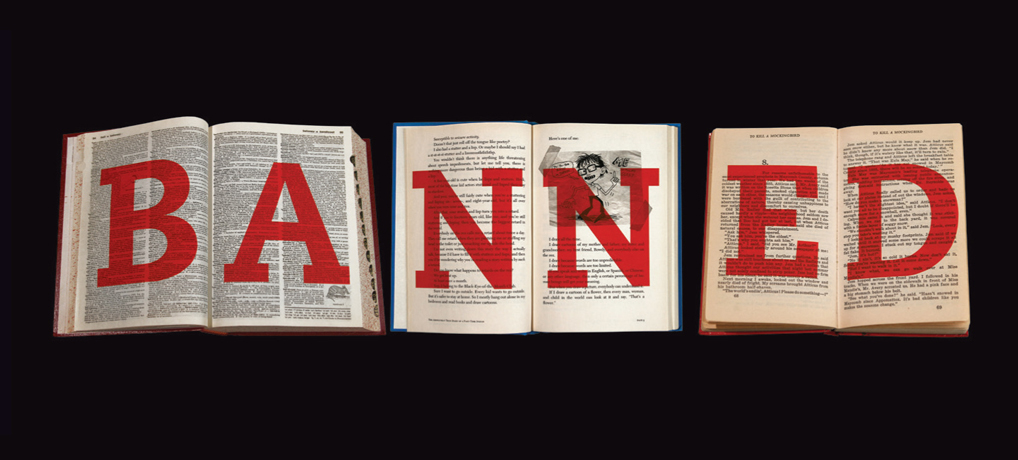Do you remember your Freshman English class when you were required to read To Kill a Mockingbird and then discuss afterwards in class? How about The Catcher in the Rye? Or Animal Farm? Would it surprise you to know that your kids are not reading the same thing?
Some of these books took heat on a local level and others felt the fire nationwide, but all of these books fall under the category of banned books.
3 Stories You May Want Your Kids to Read Anyway

Animal Farm – An allegory novella of the rise and fall of Communism in the USSR pre-WWII. This is the story of what would have happened if the communists would have won. The author, George Orwell, was extremely outspoken on the issue of Communism and the downfall if its thinking. During WWII this book was banned from the U.S. because of the propaganda it brought against one of their allied nations in the fight against Germany.
What can we learn from such a story? This story shows how the world was in the past by focusing on what it might have become if outcomes were different.

To Kill a Mockingbird – This controversial book is one of the most frequently challenged books mainly because of the racism and racial slurs that are used within the pages. Author Harper Lee uses two juveniles in the 1930’s Deep South to tell the story of their father, a lawyer, who is tasked with defending a black man accused of raping a white woman in town of racism, controversy and hypocrisy.
What can we learn from such a story? Understanding attitudes and how they come to be adopted by people is important so that we don’t fall victim to the same ignorance. With knowledge and understanding comes the power to change.

Catcher in the Rye – Holden Caulfield has been suspended from school and spends a few days in underground New York City trying to figure out where he belongs in the world. This coming-of-age story addresses topics such as sexuality, innocence, violence, vanity and self-worth. The book was banned for it’s mature theme, sexual content and language.
What can we learn from such a story? Every teenager goes through a season of feeling discontent and wanting to figure out where they belong in the world. For some it’s easy and for others it’s more difficult. Although extreme, Holden’s experiences can help to open a dialogue with young readers who are struggling with this same issue.
Why let you kids read books that have been banned?
In essence, Freedom of Speech is the most used argument for why some adults let their kids read these books anyways. They are offended by the censorship of messages that may be against societal views, practices, etc. The authors of these books use themes, language and attitudes to send a message to the reader and it’s the reader’s responsibility to be open to hearing these and making their own decisions related to them.
Parents want to be able to determine what is appropriate for their kids to read and what isn’t. My boyfriend has a 12 year old cousin who has read the entire Twilight Series, adult themes, fantasy storylines and all. But she’s mature enough to read these topics and address them with her mother if she has questions. I also have a 15 year old cousin who is probably not mature enough to read these books and understand the fantastical nature of them.
Required reading? Maybe these books should have been removed from the required reading lists of schools where you might see the mature 12 year old girl and the immature 15 year old boy walking the same hallways. But don’t take them off our library shelves and make sure they are still on a list of suggested reading materials.
Ultimately, it’s your decision whether you feel kids are mature enough to handle the themes and actions described in the books. However, please don’t censor these classics just because a group of protestors finally won their battle. Keep an open mind and an open dialogue and maybe your kids will end up teaching you something as well.
What books did you read as a child that are now on the banned book list?


That’s a nice post.